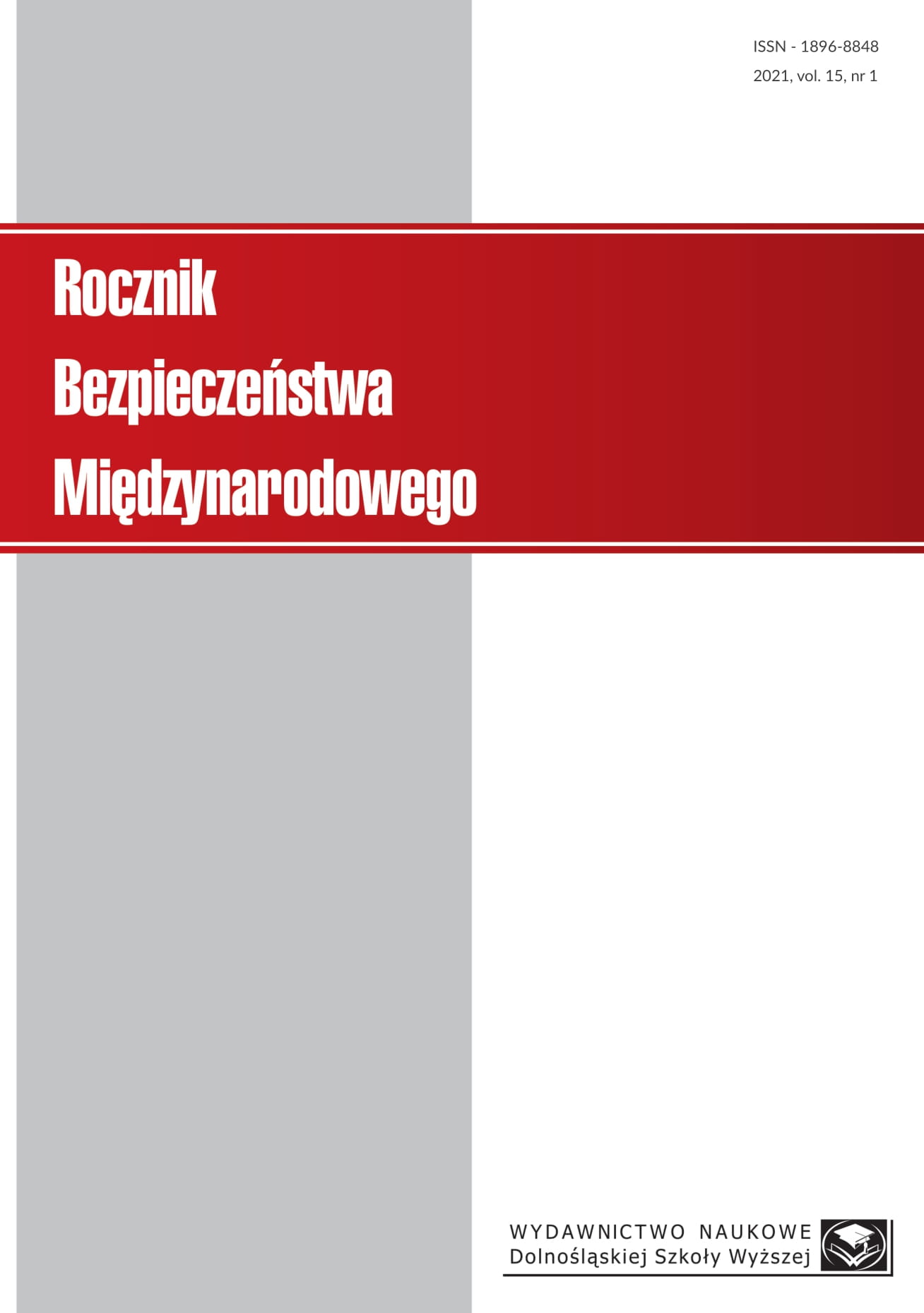Studium przypadku beludżystańskiego ruchu narodowowyzwoleńczego w Pakistanie
Case Study of the Baloch National Liberation Movement in Pakistan
Author(s): Wioletta BoguszSubject(s): Civil Society, Governance, Comparative Studies of Religion, International relations/trade, Security and defense, Military policy, Welfare systems, Developing nations, Politics and religion, Politics and society, Studies in violence and power, Nationalism Studies, Migration Studies, Inter-Ethnic Relations, Ethnic Minorities Studies, Geopolitics, Politics and Identity, Peace and Conflict Studies, Asylum, Refugees, Migration as Policy-fields
Published by: Wydawnictwo Naukowe Dolnośląskiej Szkoły Wyższej
Keywords: Pakistan;Baluchistan;Baluchistan Liberation Army;nation;
Summary/Abstract: The paper aims to analyze the development of national and liberation organizations in Baluchistan. The author attempts to answer the following questions: Why had pakistanyiat become obligatory to all people wanting to live in Pakistan? What were the reasons behind the formation of the Baluchistan National Movement, the Baloch Liberation Front, and the Liberation Army? What does the Baloch society expect from the authorities? The study was based on a critical review of the literature and other available and valuable sources such as Jinnah’s speeches. Another method used in the study was a synthesis that allowed the author to form conclusions. Studying Baluchistan means limited access to sources and materials since traveling to the land of Baluchistan is restricted by specific rules, and one can only visit the place under certain circumstances. Research on Baluchistan is relevant for studies of national liberation movements and current internal conflicts.
Journal: Rocznik Bezpieczeństwa Międzynarodowego
- Issue Year: 15/2021
- Issue No: 1
- Page Range: 143-160
- Page Count: 18
- Language: Polish

